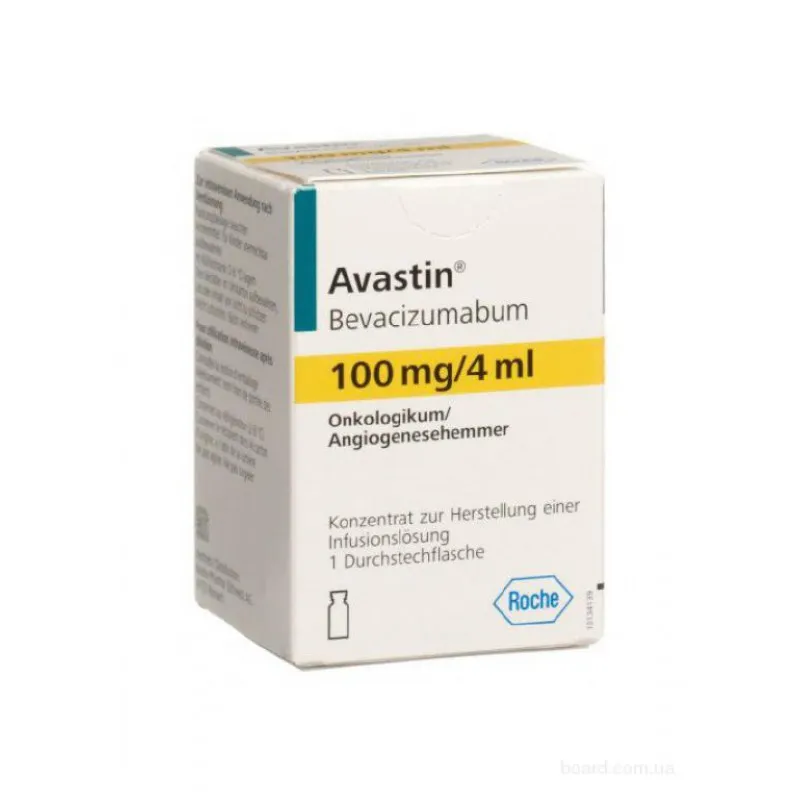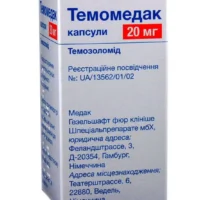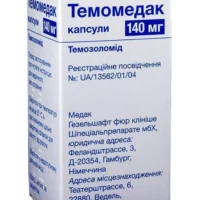Description
Avastin (Bevacizumab) Concentrate for Infusions 100 mg/4 ml. №1 Vial
Ingredients
Active Ingredient: Bevacizumab. Inactive ingredients may include sodium chloride, polysorbate 20, and water for injection.
Mechanism of Action
Pharmacological Effects: Avastin binds to vascular endothelial growth factor (VEGF) and inhibits its interaction with endothelial cell receptors. This action disrupts angiogenesis signaling pathways, reducing blood supply to tumors and inhibiting their growth.
Indications for Use
Indications: Avastin is indicated for treating metastatic colorectal cancer, non-small cell lung cancer, and glioblastoma.
Contraindications
Contraindications: Avastin should not be used in patients with a history of gastrointestinal perforation, wound healing complications, or severe bleeding.
Side Effects
Avastin may lead to serious side effects such as gastrointestinal perforation, wound healing issues, and hypertension. Close monitoring is essential during treatment.
Usage Instructions
Dosage: The recommended dose is 5 mg/kg of body weight via intravenous infusion every 2 weeks. Administered by experienced healthcare professionals, the infusion should last 90 minutes.
Benefits Compared to Analogues
Avastin, when combined with chemotherapy, has demonstrated efficacy in various cancers, improving progression-free survival and patient outcomes.
Suitable Patient Groups
Avastin is suitable for adults with specific cancers. Pediatric or elderly patients may require special considerations; consult healthcare providers for personalized recommendations.
Storage and Shelf Life
Follow the manufacturer’s storage instructions. Refer to the packaging for specific storage conditions and shelf life details.
Packaging Description
Avastin is supplied in vials containing 100 mg/4 ml of bevacizumab concentrate for infusions.
Clinical Evidence and Proven Effectiveness
Clinical Trials: Avastin, in combination with chemotherapy, has shown improved outcomes in various cancers. For instance, a study in the Journal of Clinical Oncology revealed increased overall survival in metastatic breast cancer patients when Avastin was added to paclitaxel compared to chemotherapy alone.




